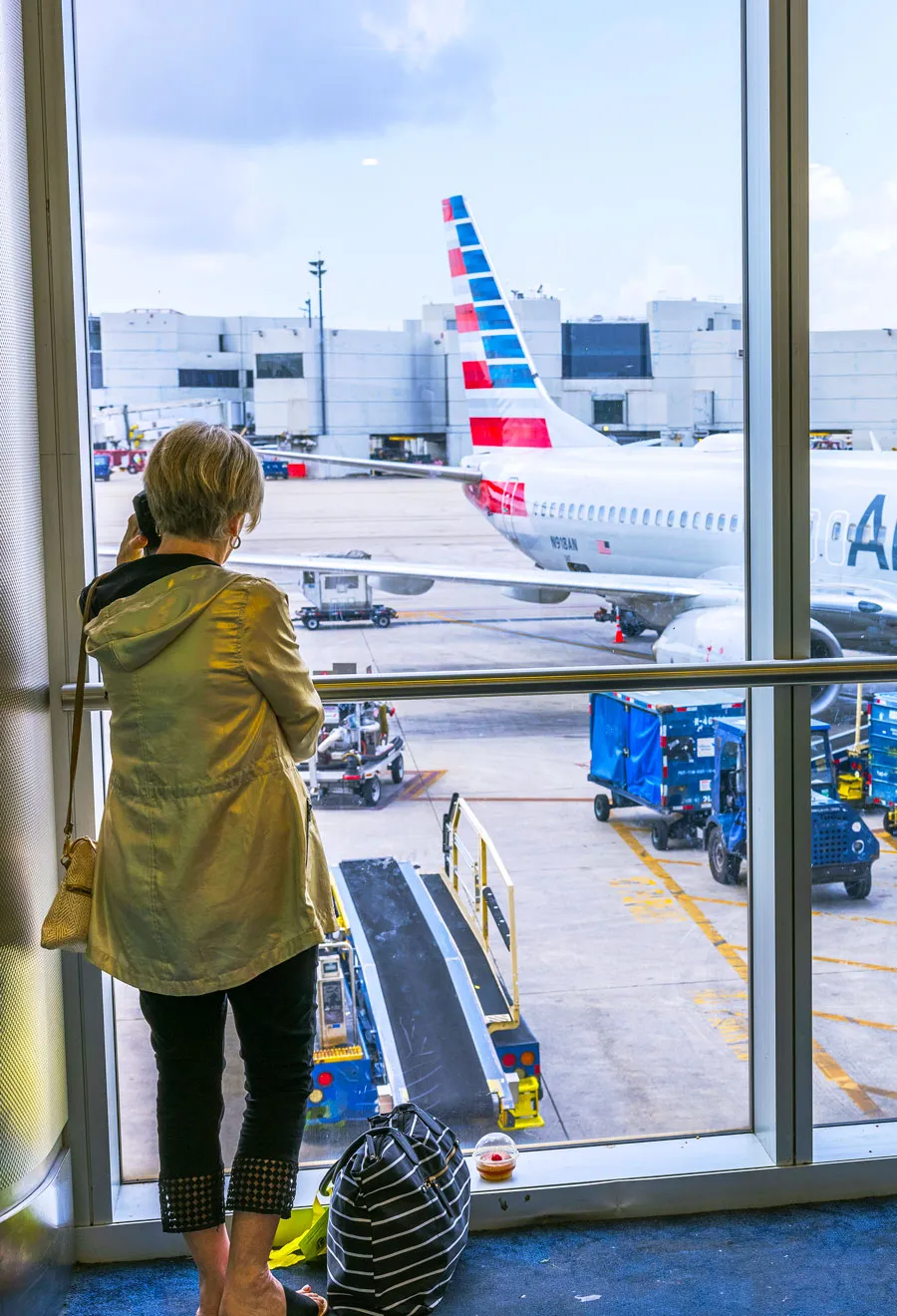It’s an oft-dreaded but entirely legal aspect of air travel: If the flight you are booked on is oversold, then some passengers may be bumped. According to the U.S. Department of Transportation, airlines are permitted to sell more seats than they actually have in the expectation that a certain percentage of people will be no-shows. But how do they decide who gets bumped to the next flight? The precise criteria by which passengers are denied boarding varies, so it’s worth reading the small print. We’ve summarized the key points of the largest U.S. airlines’ policies below, but these can change, so it’s always best to do your own research before booking.
Why Airlines Overbook
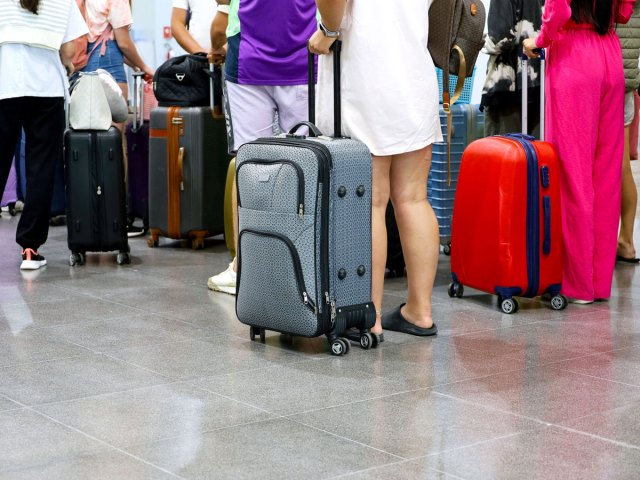
Airlines, like any business, want to maximize profits, but there are a fixed number of seats they can sell on any given flight. If a booked passenger doesn’t show — whether they missed their connection or showed up too late to the airport — that seat goes empty when it could have been filled by a paying passenger.
Because no-shows like this are common, airlines tend to book more passengers than they have seats for. The level of overselling is calculated based on past data, and most of the time the airlines get it right. Sometimes, however, they end up with more passengers than seats, and in these cases, whether voluntarily or involuntarily, some ticket holders won’t fly as they expected.
According to DOT regulations, airlines have to first request that volunteers come forward; they often offer substantial financial incentives for those willing to change their plans last minute. If that doesn’t work and no one volunteers, airlines must follow prepublished guidelines for compensation, but it is up to the airlines themselves to determine who finds themselves offloaded. Find out more about the policies of major U.S. airlines below.
American Airlines

American Airlines is clear in its conditions of carriage about which passengers will get boarding priority — in other words, the last people to get bumped — in the event of a lack of sufficient volunteers to give up their seat on an oversold flight. Passengers who have special assistance needs or those who are traveling as an unaccompanied minor should not be bumped. Those with elite status in the airline’s AAdvantage frequent flyer program also receive preferential treatment in such instances. It helps to be traveling in the first, business, or premium economy cabins, too. Failing that, the earlier you check in, the less likely you are to be bumped, but American states that those who are involuntarily denied boarding will be chosen entirely at the airline’s discretion.
Delta Air Lines
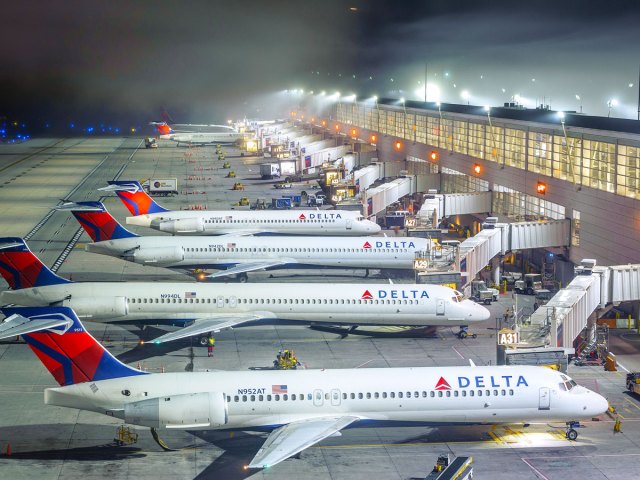
Delta Air Lines states that they handle bumped passengers “with fairness and consistency in the case of an oversold flight.” In practice, this means that those who are involuntarily denied boarding are chosen according to a predetermined order. Preference is given to those requiring special assistance, including unaccompanied minors, followed by Delta One and Delta First customers and elite members of Delta’s SkyMiles frequent flyer program. Those without such status or those traveling in a nonpremium cabin are most likely to be involuntarily denied boarding.
Southwest Airlines
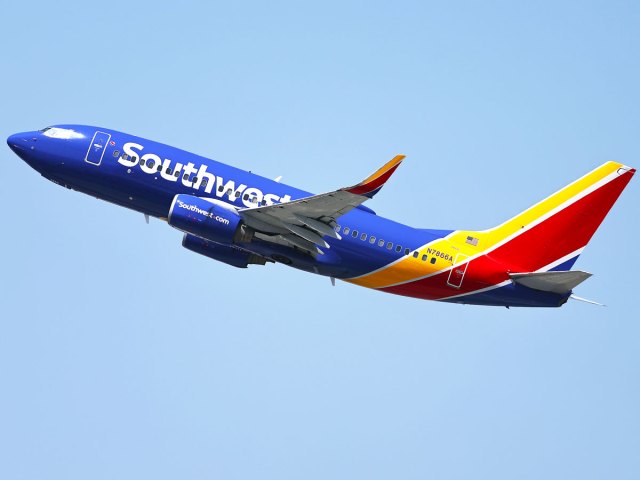
Flying Southwest Airlines soon? What happens to passengers denied boarding is set to change. For flights on or before January 26, 2026, how the airline chooses who to bump is determined by the order in which you were assigned a boarding position.
After that date, if you wish to minimize the chance of being bumped, it pays to purchase a Choice Extra fare (the airline’s most expensive offering) or to fly enough to qualify for A-List Preferred or A-List Member status. Next, those traveling on an interline itinerary (one that combines flights with multiple airlines on a single ticket) are taken into consideration, followed by those who purchased higher fare classes, those with earlier booking dates, and passengers who checked in earlier.
United Airlines
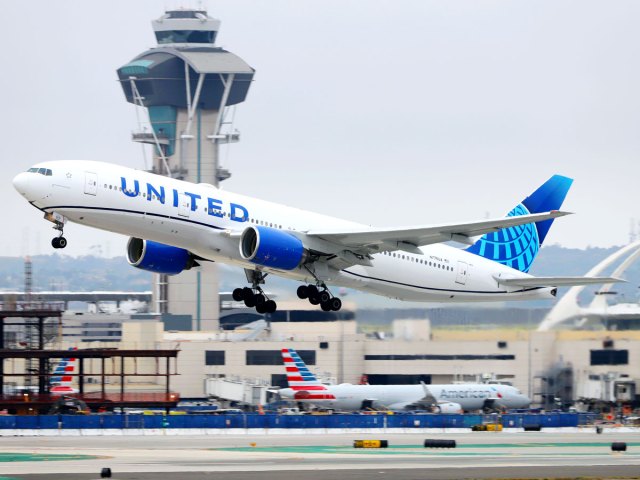
Like other airlines, United Airlines resorts to involuntary denied boarding procedures only if it can’t find volunteers in the event of an oversold flight. According to Section 25 of the airline’s conditions of carriage, consideration is given to those with disabilities and unaccompanied minors. On flights departing from Canada, families may also be treated with priority if passengers need to be bumped. After that, factors such as fare class, itinerary, frequent flyer status, and the order in which you checked in come into play.
As required by the DOT, United, like all airlines, will also provide anyone who is involuntarily bumped with a written statement that shows how the decision was made and notifies you of your rights regarding compensation and flight rebooking.
Alaska Airlines
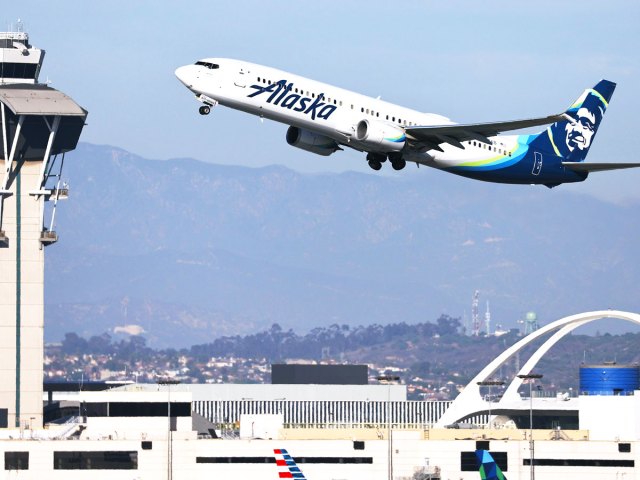
Alaska’s customer service commitment outlines how the airline “will handle an overbooked flight consistently.” Alaska stresses that gate staff will seek volunteers before bumping anyone against their wishes; however, when involuntary denied boarding is necessary, they do so to the last person checked in without a seat assignment.
More from our network
Daily Passport is part of Inbox Studio, which publishes content that uplifts, informs, and inspires.






